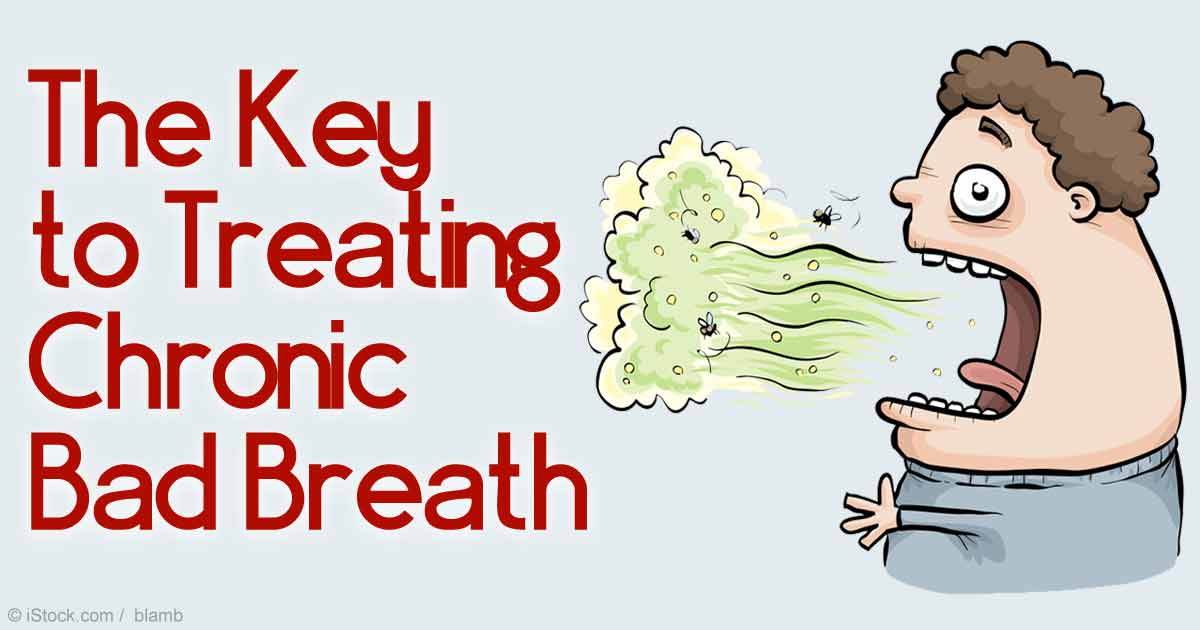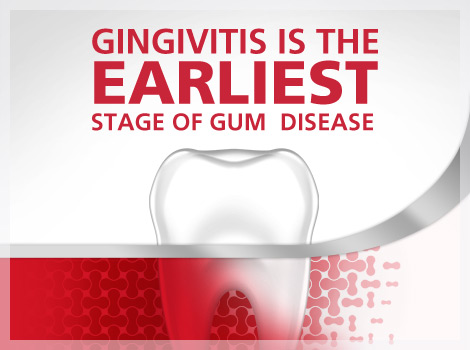 We all know way too well how annoying bad breath can be when it comes from people you are talking with or how embarrassing it can be when you know you are the culprit! Thankfully there are some simple tricks one can follow on a regular basis to shut out this problem forever!
We all know way too well how annoying bad breath can be when it comes from people you are talking with or how embarrassing it can be when you know you are the culprit! Thankfully there are some simple tricks one can follow on a regular basis to shut out this problem forever!
Halitosis
 The medical term for bad breath, halitosis is an unpleasant mouth odour caused by a variety of reasons ranging from poor oral hygiene, consumption of certain foods, alcohol or tobacco, dry mouth to some chronic health conditions. Though the main cause is anaerobic bacteria which is found in the white coating on the back of the tongue that breaks down proteins into amino acids which produce foul gases called volatile sulphur compounds (VSC).
The medical term for bad breath, halitosis is an unpleasant mouth odour caused by a variety of reasons ranging from poor oral hygiene, consumption of certain foods, alcohol or tobacco, dry mouth to some chronic health conditions. Though the main cause is anaerobic bacteria which is found in the white coating on the back of the tongue that breaks down proteins into amino acids which produce foul gases called volatile sulphur compounds (VSC).
Tips To Prevent Bad Breath

Oral Hygiene
- Brushing: Yes! As regular as it may sound, you can never stress enough on the benefits of this routine. Make sure to brush your teeth at least twice a day and ideally 30 minutes after every meal. This will go a long way in making sure your teeth are always clean.
- Flossing: Regular flossing greatly helps prevent cavities and periodontal diseases by cleaning micro-deposits of food particles from the crevices of the mouth. It helps refresh your mouth after meals as well.
- Tongue Scraping: This simple technique is of great benefit as it helps reduce countless oral bacteria that thrive on the top surface of the tongue. However, always ensure you use a professional tongue cleaner for this, not your toothbrush as it will only spread bacteria which causes a foul odour to your gums!
Watch What Goes into the Body
- Cut down on pungent/spicy foods: Your bloodstream absorbs everything you eat, only to be reflected back when you speak or breath! We are well aware of the menace pungent foods like onion, garlic, radish and other spicy foods can cause when it comes to bad breath. So cut out those from your diet and instead include more hydrating veggies and herbs like parsley, carrots, celery and cucumbers which will help clean your mouth of debris.
- Hydrate: If you cannot manage to brush and floss your teeth after every meal, water will come to your rescue! It will clean your mouth of all the food particles before it begins to form bacteria.
- No tobacco, sodas, caffeine and alcohol!: While we are aware tobacco can cause oral cancers and a host of periodontal diseases, beverages like sodas, tea/coffee and alcohols can deplete the calcium levels in your body due to the high level of phosphorous in them which causes gum diseases and tooth decay, not to mention they stain your pearlies too!
- Up your calcium and vitamin intake: Including milk, yoghurt, cheese, fruit juices, broccoli and such calcium-rich food are beneficial for your teeth and gums. Take calcium, vitamin and mineral supplements including vitamin D, zinc, copper, iron and potassium to maintain overall dental health.
Regular Dental Check-Ups
Last but not the least! As per expert Dentist in India, patients vouch for the innumerable benefits of regular dental check-ups, at least twice a year to get a full hygiene treatment along with x-rays to diagnose any concerns at an early stage.



 Not maintaining a good oral hygiene is the most common cause of gingivitis. If attention is not given to the care of one’s oral health, the chances are that person may get gingivitis. A poor oral hygiene leads to plaque and tartar formation on teeth which further leads to inflammation of the surrounding gum tissues.
Not maintaining a good oral hygiene is the most common cause of gingivitis. If attention is not given to the care of one’s oral health, the chances are that person may get gingivitis. A poor oral hygiene leads to plaque and tartar formation on teeth which further leads to inflammation of the surrounding gum tissues. Taking care of your oral hygiene is the most important step in order to prevent gingivitis. Here is how you can look after your teeth and gums and keep the gum disease at bay:
Taking care of your oral hygiene is the most important step in order to prevent gingivitis. Here is how you can look after your teeth and gums and keep the gum disease at bay: